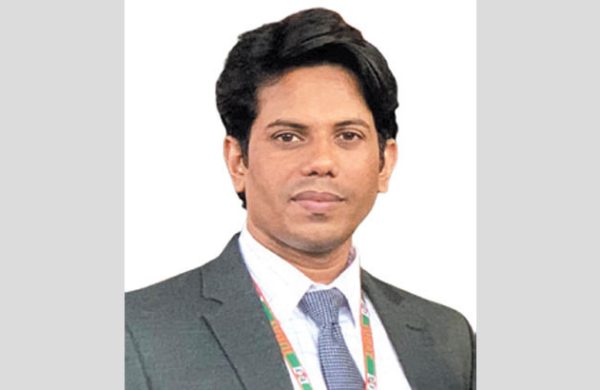Education and Culture Are Not Enemies
- Update Time : Saturday, September 13, 2025

—Serajul Islam Choudhury—
The indifference of politicians towards culture, and their lack of cultural taste, may be attributed to a lack of knowledge. Yet culture thrives through the activation of knowledge. Sadly, the value of knowledge is declining across the world, with technology often placed above it. Even literature no longer inspires the same enthusiasm. The Nobel Prize remains the highest honour, but there was a year when the prize in literature was awarded to a songwriter who himself felt awkward accepting it. Another year, the prize was withheld altogether due to disputes among the organisers. Whatever may happen globally, we must admit that our own condition is far from good.
It is evident that the state shows little interest in public education. Unbelievable though it may sound, 32,000 primary schools currently have no head teacher. For 22 years, the proportion of the national budget allocated to education has remained static—the lowest in South Asia. In this year’s SSC examinations, more than four lakh registered students were absent. Reasons cited include parents’ financial hardship, children entering the workforce, migration abroad, and the early marriage of girls. Yet, leaders repeatedly claim—others echoing them—that education is our greatest hope. To transform our vast population into a creative resource rather than a burden, no alternative exists. And yet, within two years, enrolment in government primary schools in Dhaka city has dropped by 64 per cent. By contrast, enrolment in Qawmi madrasas and kindergartens has increased.
Thus, society continues to divide in two—on one side the wealthy, on the other the poor. A small fraction of the middle class rises upward, but the larger portion slips downward. This is reflected in the growth of kindergartens, the expansion of Qawmi madrasas, and the worsening plight of government primary schools. The picture is not new, but the scale of division has deepened. Alongside this, we still have a three-stream education system: general schools, madrasas, and English-medium institutions, with further sub-streams within each. Even the mainstream Bengali-medium system now contains an “English version”. Once, the vision was for a single, unified system with mother tongue as the medium of instruction, at least until Class V. That dream now lies in ruins. Education no longer unites the nation; it entrenches class divisions and blocks the emergence of a common cultural identity.
Kindergartens thrive as a business, while Qawmi madrasas are inexpensive to establish, often using mosques. Their curricula are easy to design. Kindergarten teachers are poorly paid, yet primary school teachers dare not demand the same level of benefits. The interim government’s education adviser admitted that inadequate resources prevent teachers from receiving due respect. Both sides of that statement are true: teachers lack dignity and their budgets are meagre. But this reality is not the result of any sudden political earthquake; it is the outcome of a long, natural process of development. Those who run the state are unconcerned about ordinary people’s education. Their real concern is how to put their own children into English-medium schools and send them abroad as quickly as possible.
The interim government has formed 11 commissions for reform but has not created one for education. For that, they deserve credit. The mainstream education system is already fragile, and pushing reform hastily would only worsen matters. In the past, whenever a “revolutionary” government arrived, they rushed to “reform” education, giving the system yet another jolt. The essential reform we need is the introduction of a unified system, but state leaders do not consider it. Inequality-driven capitalism remains intact.
The ousted Awami League government, under the guise of reform, introduced extra public examinations that further endangered mainstream education. Widespread protests forced them to cancel these. Yet in 2017, the National Curriculum and Textbook Board abruptly dropped 11 poems and five short stories or essays from its Bengali textbooks. No explanation was given for this radical move. The fall of that government has led to investigations into its brutality, misdeeds, and corruption, but not into this damaging assault on education. Such an investigation is essential. We need to know who carried out this act, and how. It would reveal how seriously the present government takes education.
We know from experience that fascism lurks even among those who call themselves liberal and democratic. We saw, too, in 1971 how religion was weaponised in politics. In India today, militant Hindutva has taken power, its adherents proving adept at violence. They did not spare even Mahatma Gandhi, assassinating him in cold blood.
In Bangladesh, Jamaat-e-Islami has re-entered open politics, Hizb ut-Tahrir has resurfaced, and Hefazat-e-Islam remains active, able to draw crowds. At a recent Hefazat rally in Suhrawardy Udyan, they railed only against one of the interim government’s reform commissions—the one on women’s rights—demanding its immediate dissolution. The commission was formed not by any outsider but by the government itself. The demand should have provoked an official rebuttal, but none came.
——————————————————————-
The author is Professor Emeritus, University of Dhaka.


















